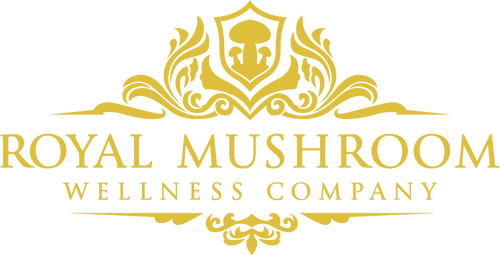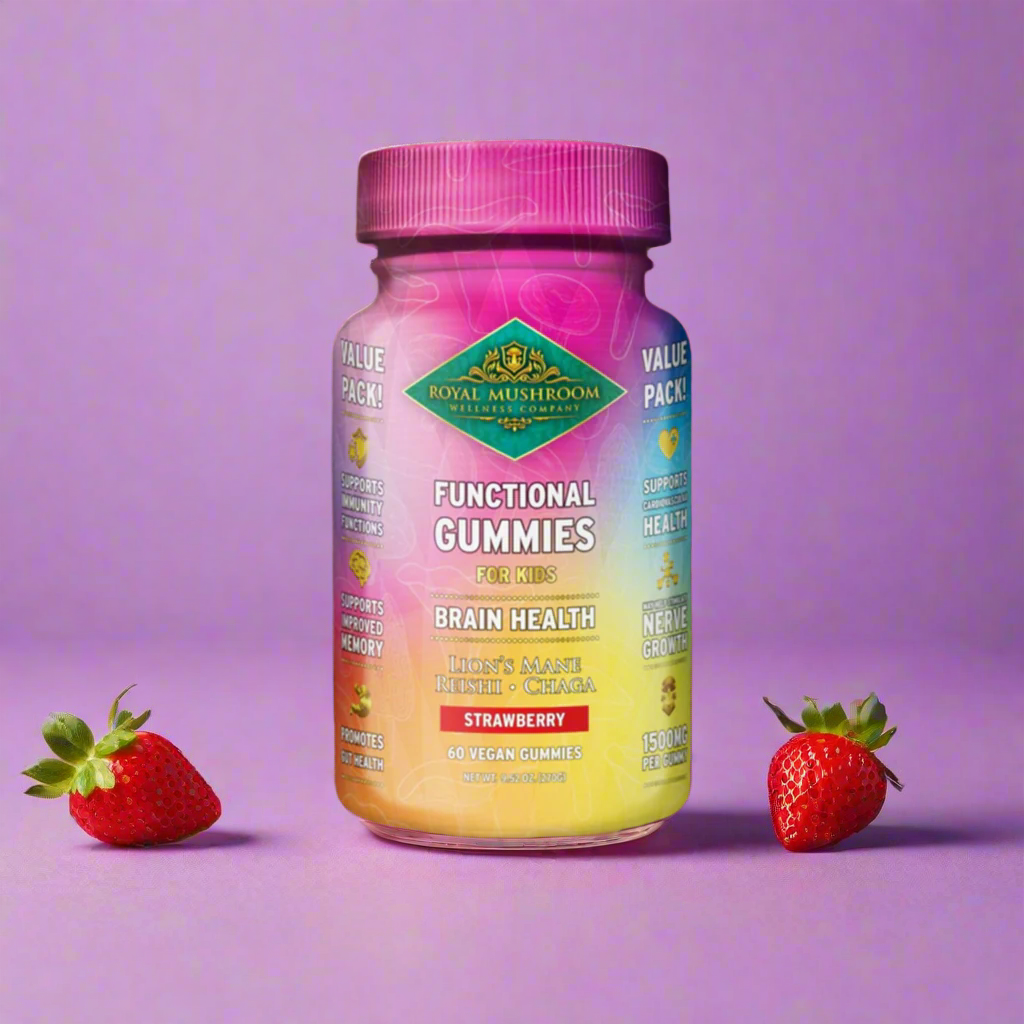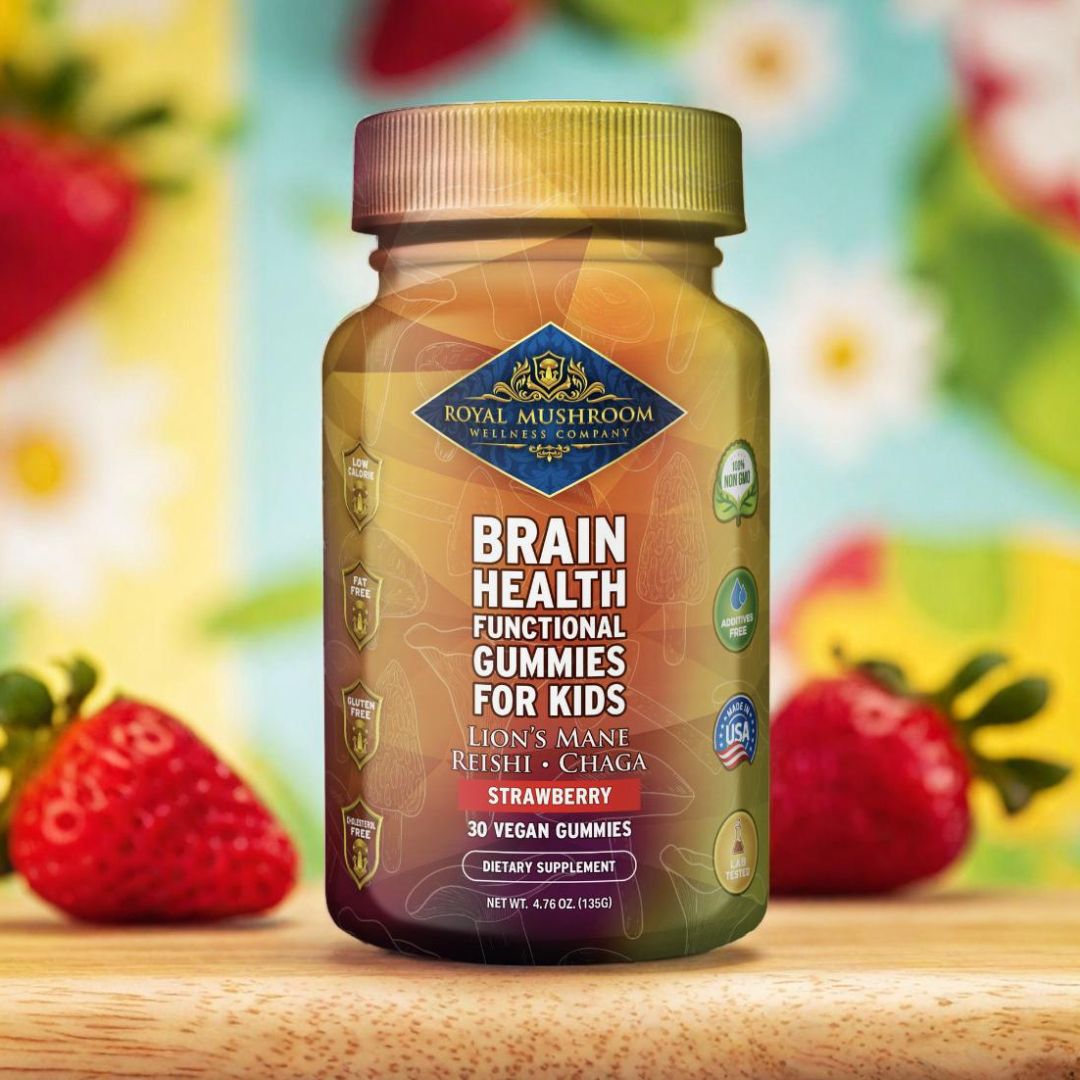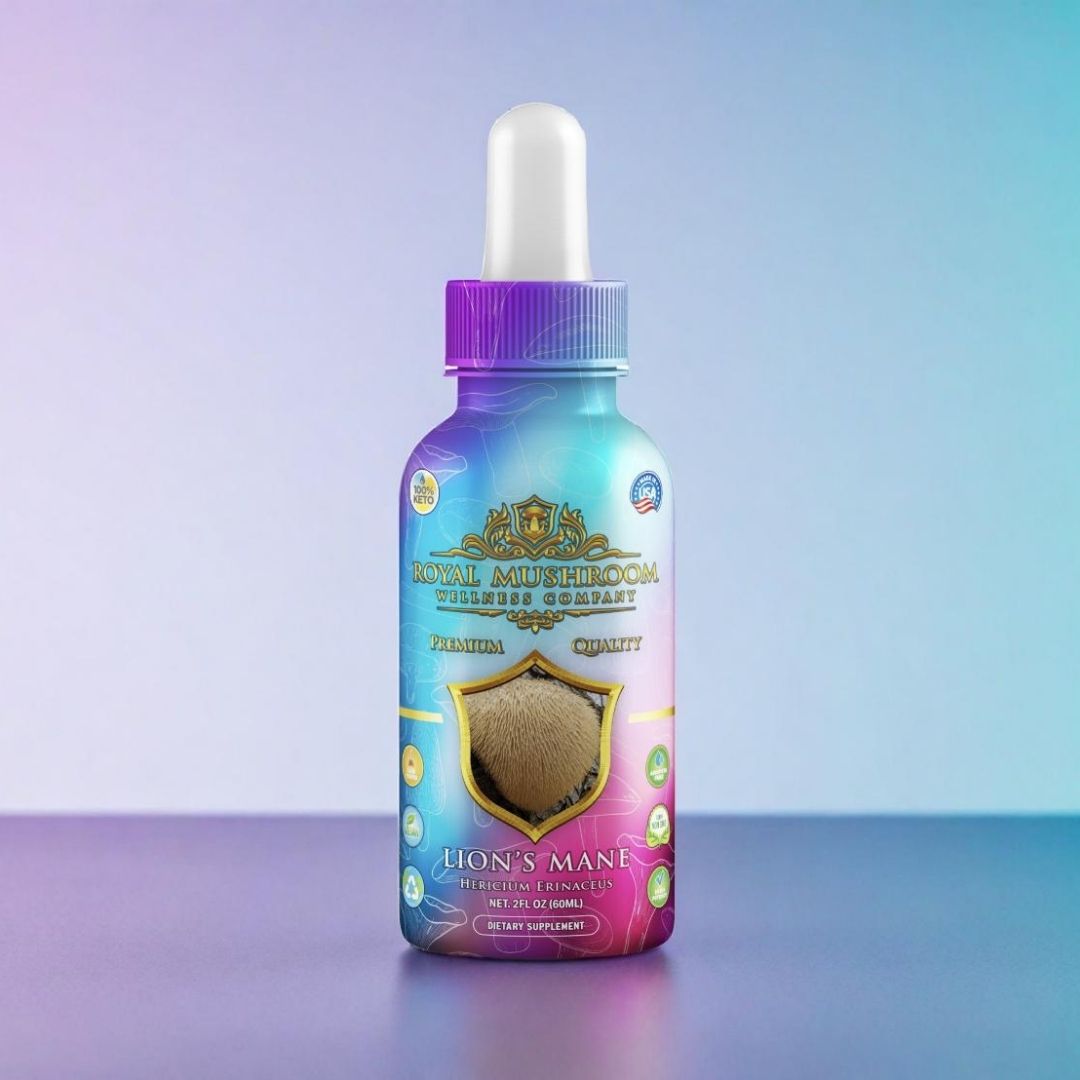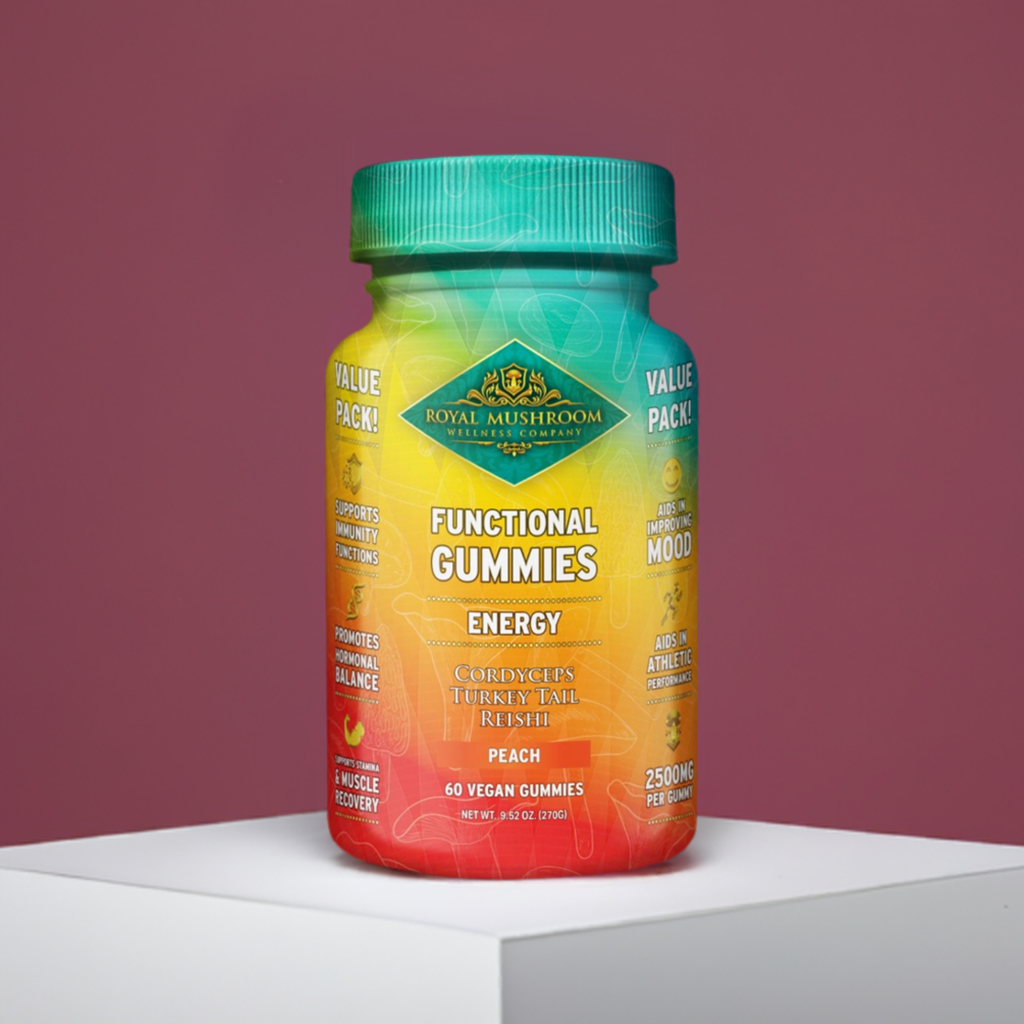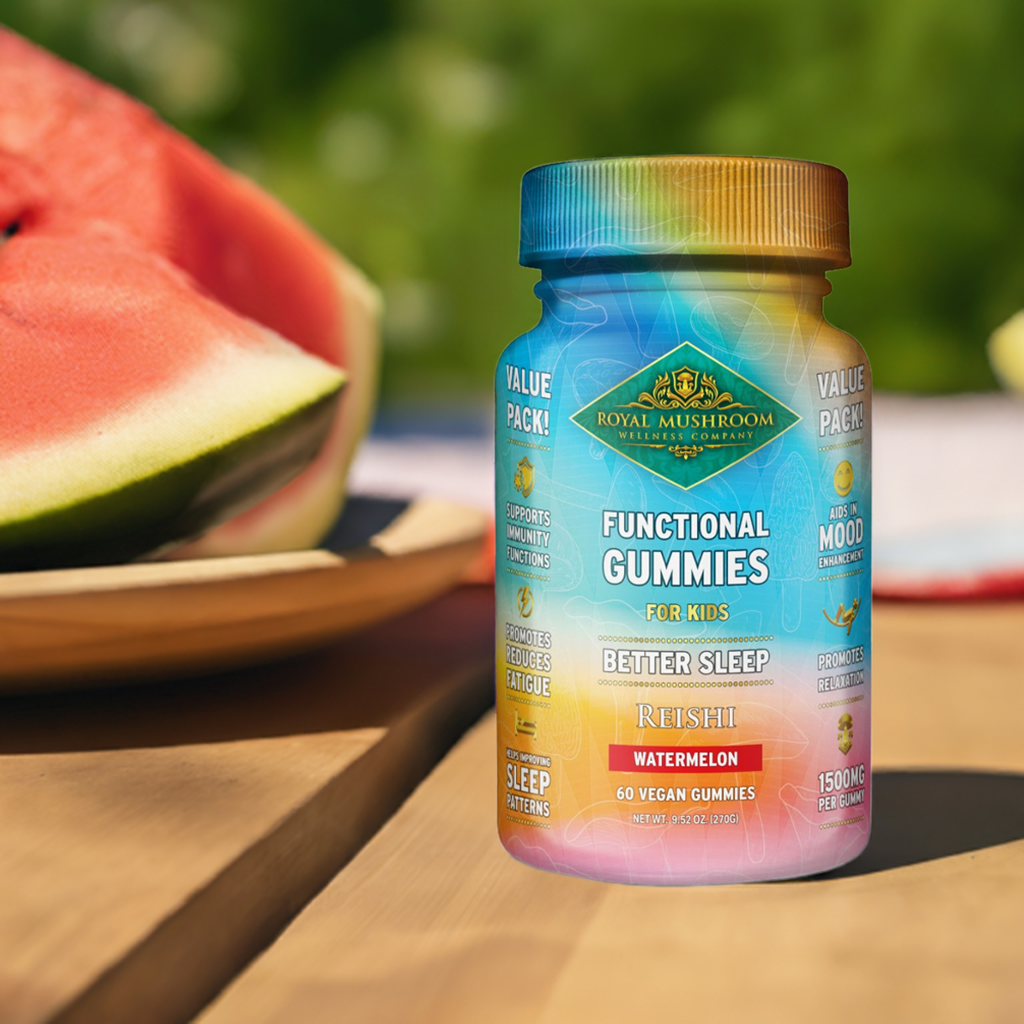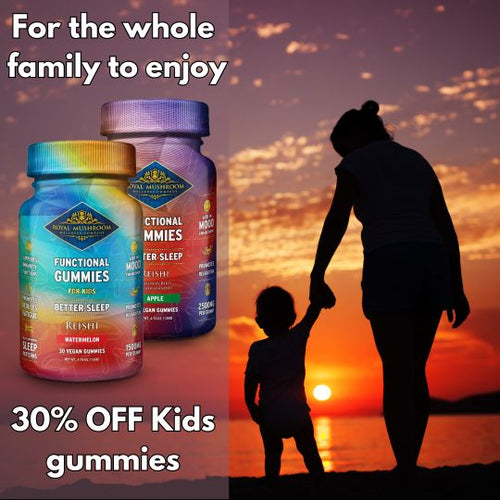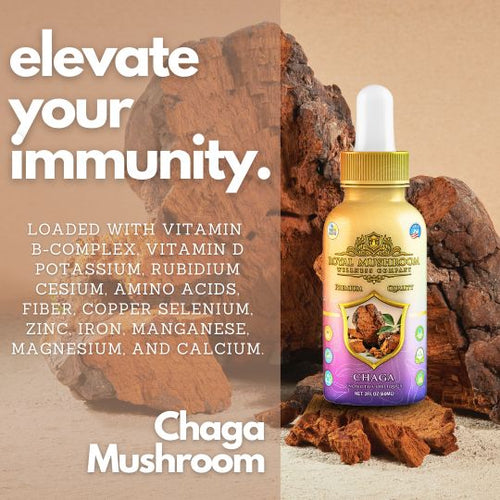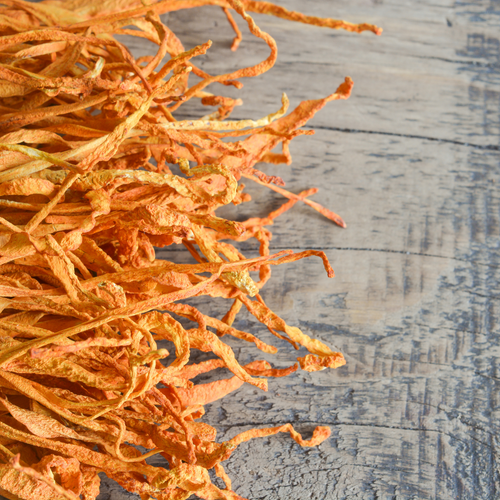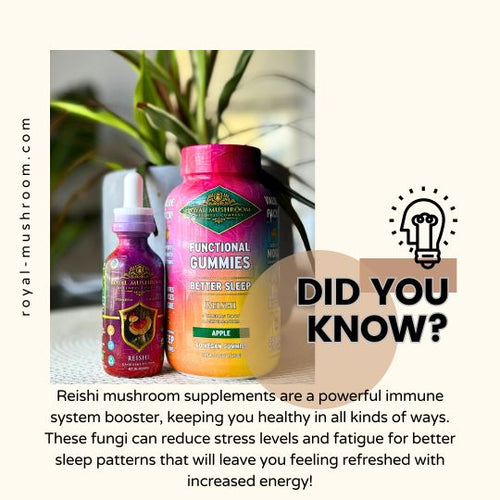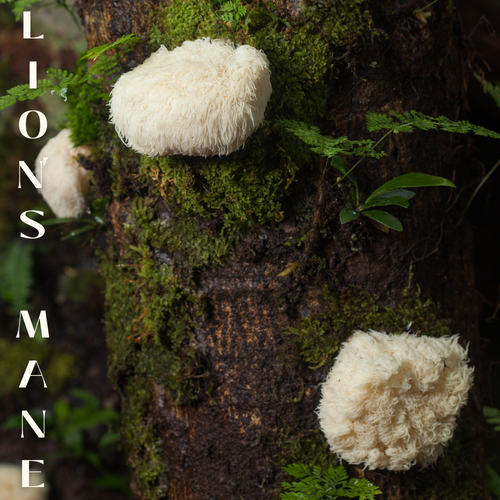Attention Deficit Hyperactivity Disorder (ADHD) affects millions of children worldwide, leading many parents to search for alternative solutions beyond medication. One such option gaining attention is Lion’s Mane mushroom for kids with ADHD. But does it work? Is it safe? And how does it compare to other natural ADHD remedies for kids?
This comprehensive guide breaks it all down with science-backed insights, expert opinion, and practical recommendations.
What Is Lion’s Mane and How Does It Affect the Brain?
The Science Behind Lion’s Mane Mushroom
Lion’s Mane (Hericium erinaceus) is a type of medicinal mushroom known for its powerful neuroregenerative and cognitive-enhancing properties. It's part of the growing trend of functional mushrooms and natural brain supplements used for focus, memory, and neuroplasticity.
Lion’s Mane contains two key compounds:
-
Hericenones — stimulate nerve growth factor (NGF) production in the brain
-
Erinacines — cross the blood-brain barrier and promote neurogenesis
Together, these may help improve attention, memory, and emotional regulation.
Clinical Study: A 2019 study showed that Lion’s Mane enhanced cognitive function in subjects with mild cognitive impairment.
Nootropic Benefits and Neurogenesis Explained
Lion’s Mane is considered a nootropic — a supplement that boosts brain function. For children with ADHD, the potential benefits include:
-
Increased neuroplasticity (brain's ability to form new connections)
-
Reduced inflammation in the brain
-
Enhanced dopamine regulation (linked to focus and motivation)
These traits make Lion’s Mane an intriguing option in the category of pediatric ADHD alternative treatments.
Can Lion’s Mane Help Children with ADHD?
How Lion’s Mane May Support Focus and Cognitive Function
ADHD in children often involves problems with attention, executive function, and impulse control. Lion’s Mane mushroom supplements for focus may offer support by:
-
Stimulating NGF for better brain cell communication
-
Supporting the prefrontal cortex (linked to decision-making and focus)
-
Acting as an adaptogen to help balance stress levels
While formal studies on Lion’s Mane for kids with ADHD are limited, parents and practitioners have reported anecdotal improvements in:
-
Attention span
-
Sleep quality
-
Emotional stability
Real-World Insight: Some naturopathic doctors report using Lion’s Mane supplements for kids as part of broader ADHD management plans.
Lion’s Mane vs Traditional ADHD Medications for Kids
Here’s a quick comparison:
| Feature | Lion’s Mane | ADHD Medication (e.g. Ritalin) |
|---|---|---|
| Type | Natural mushroom supplement | Pharmaceutical |
| Mechanism | Neurogenesis, NGF stimulation | Alters dopamine/norepinephrine |
| Side effects (common) | Mild GI upset, rare allergic rxns | Appetite loss, insomnia |
| Long-term effects | Unknown in kids | Some risks with prolonged use |
| Prescription needed? | No | Yes |
Is Lion’s Mane Safe for Children?
What Experts Say About Pediatric Use
There is no official FDA-approved use of Lion’s Mane in children, and clinical studies on pediatric populations are minimal. However, some practitioners cautiously support its use in low doses under supervision.
Expert Opinion: Pediatric herbalists recommend starting with very small doses and monitoring for any changes in behavior or digestion.
Possible Side Effects and Risks in Kids
While Lion’s Mane is generally considered safe for adults, side effects of Lion’s Mane in children may include:
-
Mild stomach upset
-
Skin rash (in rare cases)
-
Allergic reactions
Always look for child-safe nootropics that are third-party tested and free of fillers.
Recommended Dosage (And Why Caution Is Key)
There is no standardized Lion’s Mane dosage for children, but general guidelines are:
-
Ages 4-7: 100–200 mg/day (start small)
-
Ages 8-12: 250–400 mg/day
Use powdered extracts or gummies labeled for kids, and start with the lowest dose possible.
Natural ADHD Remedies for Children: Where Lion’s Mane Fits In
Comparing Lion’s Mane to Other Natural Supplements
Many parents exploring natural ADHD remedies for kids look into options like:
-
Omega-3 fatty acids
-
Magnesium
-
Zinc
-
L-theanine
-
Rhodiola rosea (another adaptogen)
Here’s how Lion’s Mane compares:
| Natural Supplement | Main Benefit | ADHD Focus Potential |
| Lion’s Mane | Neurogenesis, cognition | Moderate-High |
| Omega-3s | Brain development, mood | High |
| Magnesium | Calming, stress regulation | Moderate |
| Rhodiola rosea | Energy balance, stress support | Moderate |
Combining Lion’s Mane with other natural brain supplements may improve outcomes, but always consult a pediatrician or naturopath.
Functional Mushrooms and Herbal ADHD Treatments
Besides Lion’s Mane, other medicinal mushrooms for ADHD under study include:
-
Reishi — for sleep and anxiety
-
Cordyceps — for energy and oxygen utilization
These mushroom therapies for ADHD may offer synergistic benefits when used responsibly.
Should You Give Your Child Lion’s Mane for ADHD?
Factors to Consider Before Starting
Before adding Lion’s Mane supplements for kids, consider:
-
Your child’s age and existing treatment plan
-
Whether they’re already on ADHD meds
-
Sensitivities or allergies to mushrooms
-
Quality and sourcing of the supplement
Always talk to your pediatrician, especially if your child is taking other medications or has immune issues.
Final Thoughts: Is It Worth Trying?
Lion’s Mane for kids with ADHD shows promise as a gentle, plant-based option for improving focus and cognitive balance. While more research is needed, its low risk profile and potential brain health benefits make it a top contender in the world of ADHD herbal treatment for children.
It’s not a miracle cure, but for parents seeking a natural, child-safe nootropic, it might just be worth a try.
FAQs About Lion’s Mane and ADHD in Children
Can Kids Take Lion’s Mane Daily?
Yes, but only in small, supervised doses. Monitor for side effects.
Does Lion’s Mane Replace ADHD Medication?
No. It may support focus and cognition but should not replace doctor-prescribed treatment.
Is There Research on Lion’s Mane for Pediatric ADHD?
Formal pediatric studies are limited, but early data on adults and anecdotal evidence are promising. More research is underway.
Disclaimer: This content is for informational purposes only and does not replace medical advice. Always consult a licensed healthcare provider before starting supplements in children.
